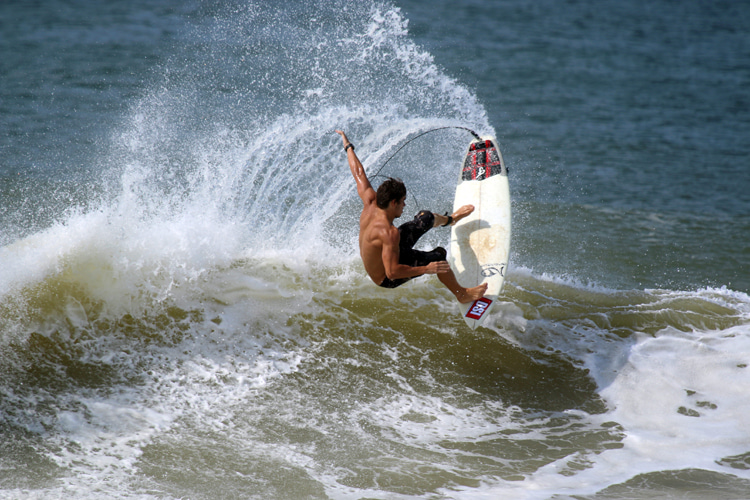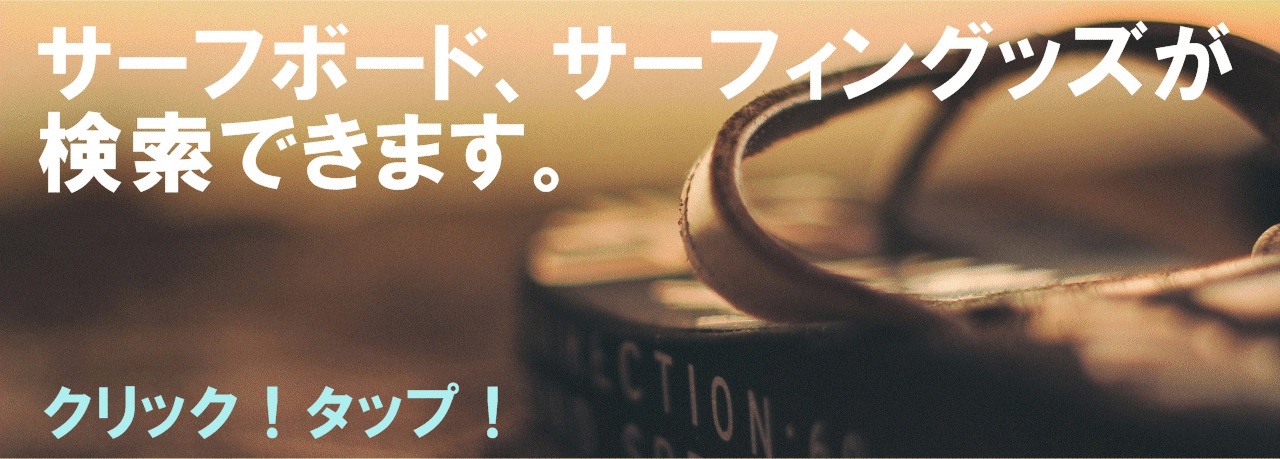Waves recognized as rights holders in Brazil

Linhares, a municipality in the state of Espírito Santo, Brazil, is the world’s first administrative region to recognize the rights of waves.
Brazil’s Atlantic-facing coastline is 4,655 miles (7,491 kilometers) long and is known for its quality surf breaks.
However, the Brazilian shores are also the final destination for all its rivers, meaning they carry whichever water quality to the ocean.
The Doce River crosses the municipality of Linhares and flows toward Regência, a surf town known for its several perfect waves.
Toxic Barrels
On November 5, 2015, a dam containing waste water from an iron ore mine in Mariana, southeastern Brazil, failed catastrophically.
The mine was operated by Samarco, a partnership between Vale and BHP Billiton.
The collapse unleashed torrents of mud that overwhelmed a nearby town, resulting in the deaths of at least 17 people and injuries to more than 50 others.
The disaster caused significant ecological damage, endangering life along the Doce River and affecting the Atlantic Ocean near its estuary.
Approximately 60 million cubic meters of iron ore waste were released into the river, with toxic mud reaching the Atlantic Ocean after 17 days.
Consequently, all the muddy waters destroyed Regência’s waves by altering the seafloor and polluting the lineups.
Until the disastrous 2015 environmental catastrophe, the worst ever in Brazil’s history, these tubular waves reminded us of Namibia, Supertubos, or some of Bali’s finest barrels.
The eco-tragedy changed it all, and the surf economy of Regência only started to recover five years later, around 2020.

The Rights of Nature
The idea of a bill that recognizes and protects the rights of waves of the Doce River mouth dates back to 2018.
The development of this legal proposal dates back to the first forum on the rights of nature that took place in Brazil in 2018.
The bill took shape around 2020 with the backing and support of the Regência Surfing Association, Direitos da Natureza, Regenera Rio Doce, and the Linhares Surfing Association.
The final draft was welcomed by Councilor Antônio Cesar and submitted as a bill under his mandate in 2023.
The bill is based on the Rights of Nature, a legal modality recognized by the United Nations (UN) and promoted in Brazil, mainly by the non-governmental organization Direitos da Natureza.
Waves as Legal Entities
The bill recognizing the right of waves to continue breaking perfectly at the mouth of the Rio Doce marks a historic moment for the surfing world and coastal communities.
It follows the steps of the work done, for instance, by the World Surfing Reserves.
However, it also adds a new layer of protection to unique wave-riding environments by establishing a shield around all ecological factors and variables responsible for wave quality.
These include consistent water quality levels, dam discharge, dune system protection, sand replenishment, ocean floor monitoring, shoreline armoring, coastal development control, etc.
When the mayor signs the bill, and it becomes law, the waves of the Doce rivermouth will be entitled to the following rights:
- Preservation of their physical and chemical conditions to maintain ecological balance;
- Protection of water bodies within the ecosystem from human interference to sustain essential ecological cycles;
- Safeguard culturally, environmentally, and touristically important areas associated with the waves’ ecosystem through the implementation and expansion of public policies;
- Promotion of harmonious interactions with humans through cultural, spiritual, leisure, and ecological activities;
- Ensure representation by stakeholders with a special connection to the waves’ ecological cycle in relevant public decision-making processes;
- Receive support from government, community, and civil society groups in public decision-making processes;
- Integration of traditional knowledge and conservation practices into decision-making alongside scientific approaches;
- Ensure accountability and remediation for human-caused damage to their recognized intrinsic rights;
A committee made up of surfers from the community, traditional custodians, and a member of the city council’s environmental chamber will advocate for the rights of the waves.
Words by Luís MP | Founder of SurferToday.com


